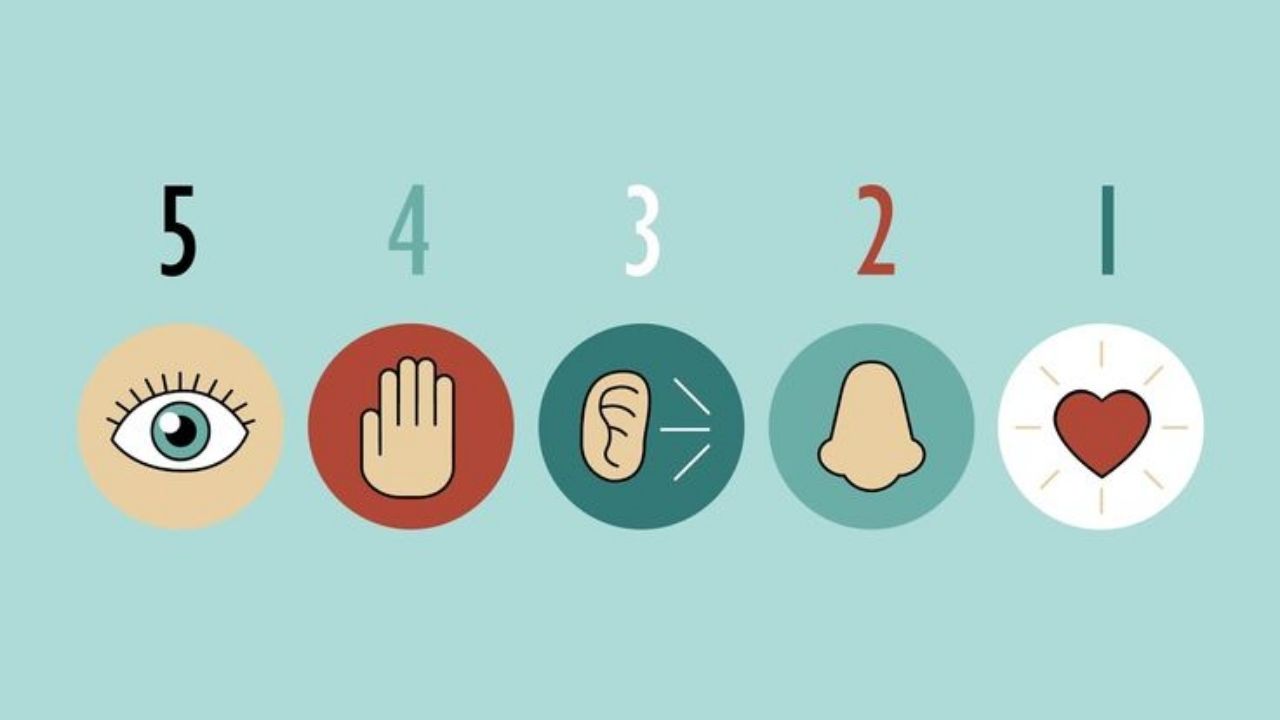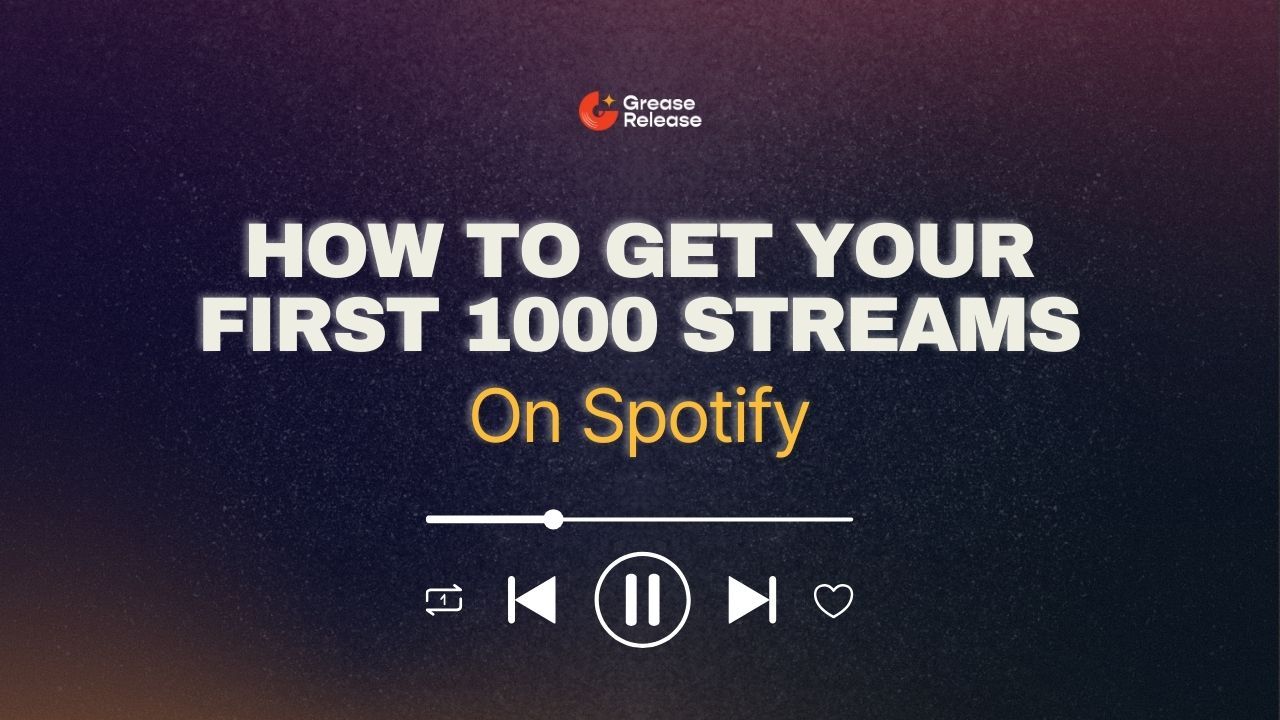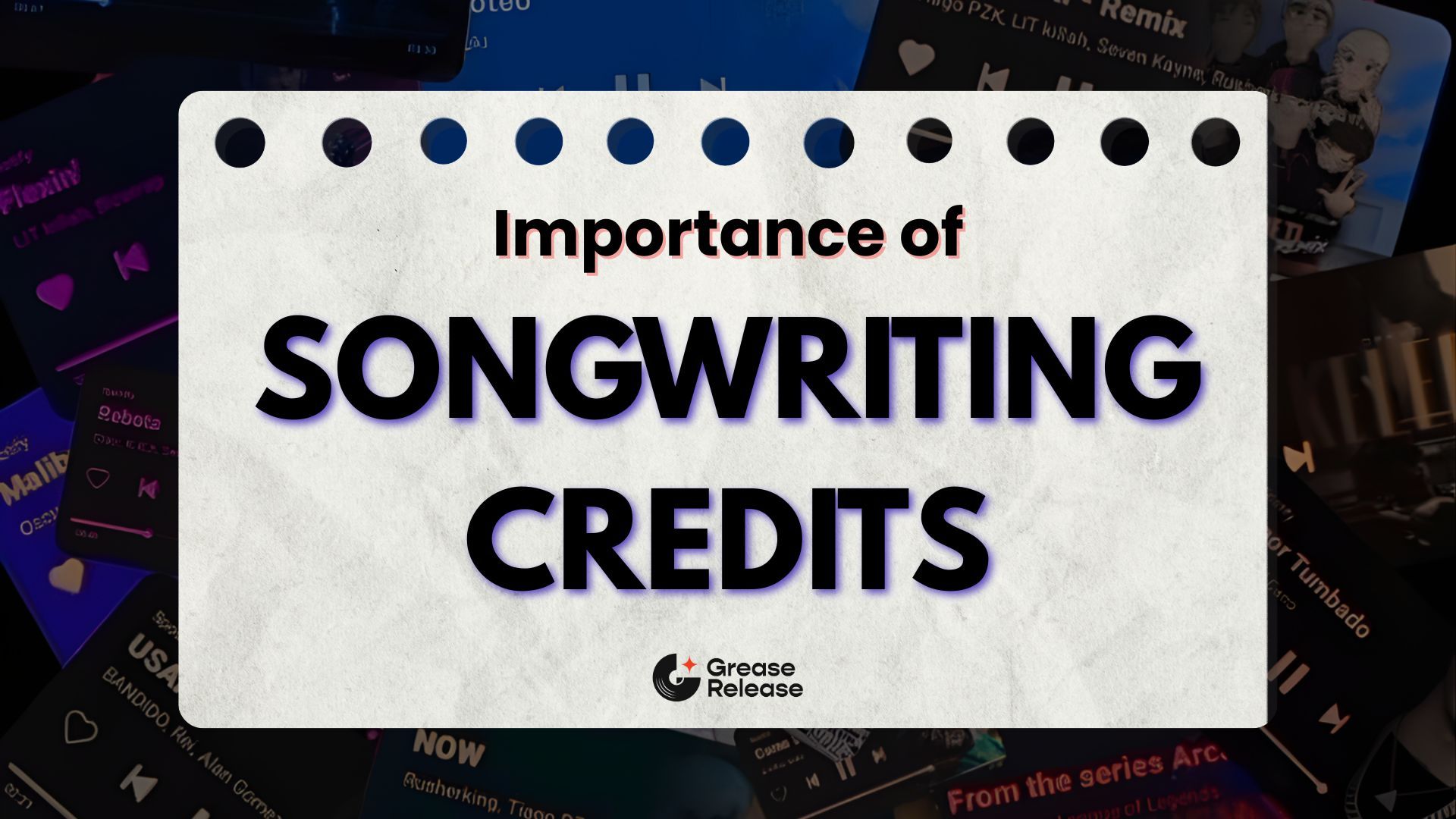
How To Deal with Performance Anxiety as Musicians?
Jun 20, 2025Managing Stage Fright as a Musician
Your throat feels like it’s closing up. Hands go cold. Thoughts spiral. You’ve rehearsed this song a dozen times, but now on stage or next in line for that music performance assessment, you feel like you’ve forgotten everything.
Have you felt this way too?
There’s a name for that: Stage Fear. And it hits even the most experienced musicians.
Whether you’re singing on stage for the first time or playing an instrument in a high-stakes setting, performance anxiety can hijack your focus and drain your confidence. The fear of messing up, being judged, or simply not sounding your best often creates a mental block between you and the music you love.
But here’s the truth: you’re not broken, and you’re not alone. Stage fear is one of the most common struggles in the performance of music. The good news? It’s also one of the most manageable, with the right tools and mindset.
This blog offers practical strategies you can actually use along with the pep talk you might want. From targeted practice routines to breathing techniques and mindset shifts, here’s how to face the fear and take back the stage.
In this blog, we’re breaking it all down:
- Understand what causes fear before music performances
- Simulate the real thing with intentional practice
- Calm your body with breathing & grounding
- Build a mental game plan for every performance
- Keep showing up: Progress over perfection
- Our Final Thoughts
Understand what causes fear before music performances
Stage fear is a natural reaction tied to how our brains perceive risk and evaluation. When you're about to perform, whether it's a solo recital, music performance assessment, singing on stage ,or a music competition that feels like your life depends on it, your brain interprets the situation as one of high stakes. You're being watched, judged, and possibly compared. That social scrutiny can trigger an automatic fear response rooted in evolutionary survival instincts.
This reaction often intensifies when:
- You feel unprepared or under-rehearsed
- You’ve had negative performance experiences in the past
- You're attaching too much to the outcome (grades, validation, career goals)
Understanding that stage fear is a conditioned response and not a personal flaw is the first step to managing it. You're not broken. Your brain is just doing what it's designed to do when it senses judgment.The good news? You have control over this, it is manageable. The rest of this blog will walk you through how to train your body and brain to stop panicking and start performing.
Simulate the real thing with intentional practice
You can’t fully eliminate stage fear, but you can train your body and mind to feel safer when it shows up. The best way? Practicing like it’s the real thing, the final performance. When your performance of music becomes second nature under pressure, your brain stops flagging it as a threat.
Rehearse under simulated stage conditions
Don’t just practice alone in your room. Set up like it’s showtime! Lights on, standing position, no stopping mid-song. Mimic everything from the acoustics to the silence before your first note. This kind of training helps reduce nervous system spikes during actual music performance assessments or public gigs.
Record your practice to reduce self-criticism
Filming yourself can be awkward, but it helps. You’ll spot technical issues and also realize you sound better than you think. Watching replays over time builds objective confidence and slowly shushes down the harsh inner critic that fuels stage fear.
Perform in low-stakes settings first and often
Before singing on a big stage, try performing at open mics, jam sessions, or even in front of friends. These mini performances help you desensitize your system. The more you normalize the performance of music in front of others, the less your body reacts with panic when it matters most. This not just helps with reducing performance anxiety, but also helps in getting closer to your sound as a musician!
Calm your body with breathing & grounding
Even the best preparation won’t matter if your body is stuck in panic mode. Calming physical-techniques are some of the fastest ways to manage stage fear right before a music performance.
Use breathing exercises to calm stage fear
Controlled breathing can instantly regulate your nervous system. Try “box breathing” (inhale 4, hold 4, exhale 4, hold 4) or long exhalations to trigger your parasympathetic response, perfect before singing on stage or high-pressure music performance assessments.
Try the “5-4-3-2-1” Grounding Technique
This sensory awareness trick pulls you out of panic and into the present. Name:
- 5 things you see
- 4 things you can touch
- 3 things you hear
- 2 things you smell
- 1 thing you taste
It’s fast, discreet, and surprisingly effective.
Warm up physically to shake off nervousness
Before stepping into your performance of music, move. Shake out your arms, do a few light stretches, or jump in place. Releasing excess adrenaline helps your body re-center, like telling your brain, “We’ve got this.”
Build a mental game plan for every performance
Mental preparation is just as crucial as musical prep. Having a psychological strategy in place can drastically reduce stage fear and boost confidence during music performance assessments or live performances.
Practice visualization before every music performance
Before hitting the stage, close your eyes and picture the performance of music going well. Imagine how the room looks, how you’ll move, how your voice or instrument will sound. Mental rehearsal activates the same neural pathways as physical practice. Doing this from the very first rehearsal also often prevents overwhelming anxiety right before the performance!
Focus on the music, not the audience
It’s tempting to obsess over the crowd’s reaction, but that usually heightens anxiety. Instead, redirect your attention to the rhythm, melody, or lyrics. The more immersed you are in the performance of music, the less power the audience holds over your nerves.
Build a pre-performance routine that calms you
Create a ritual before every show. Whether it’s sipping tea, doing stretches, or reviewing your setlist. A consistent routine tells your brain it’s time to switch from “panic” to “perform.” Over time, it becomes a mental cue that settles your system before singing on stage or facing any crowd.
Keep showing up: Progress over perfection
Stage fear doesn’t disappear overnight. But it does fade with repetition, not perfection. The more often you put yourself in performance situations, the more familiar and less threatening they become. Whether it's singing on stage or playing an instrument at open mics, talent shows, or jam sessions, frequency builds ease. (And to avoid burnout while doing that, check out: Stress Management for Touring Artists)
Start small. Play for a friend, join an informal music circle, or share a video online. The goal isn’t a flawless performance, it’s to normalize the act of performing. That consistency is what truly rewires your brain for calm under pressure.
Our Final Thoughts
Experiencing performance anxiety doesn’t mean you’re weak, it just means you care. The nerves you feel before the performance of music aren’t a flaw; they’re proof of your passion, your preparation, and your desire to share something meaningful.
Whether you're facing stage fear before singing on stage, preparing for music performance assessments, or just trying to enjoy performing more, know this: confidence is not a fixed trait. It’s a muscle. And every time you show up, rehearse intentionally, ground yourself, or take a low-stakes risk, you’re building it.
Progress will happen. Not all at once, but slowly, steadily, and more surely than you think.
Keep going. Keep growing. The music world needs your voice, even if it starts a little shaky.
We at GreaseRelease, have a bunch of curators on our network who are looking for new & exciting music to push on their massive playlists. If you make music and want to reach a wider audience, check out our submission platform and get a chance to reach millions of listeners! Submit your tracks now!
Don't miss my newsletter!
Join me on a music entrepreneurship journey with new tips and tricks delivered straight to your inbox.
We hate SPAM. We will never sell your information, for any reason.




